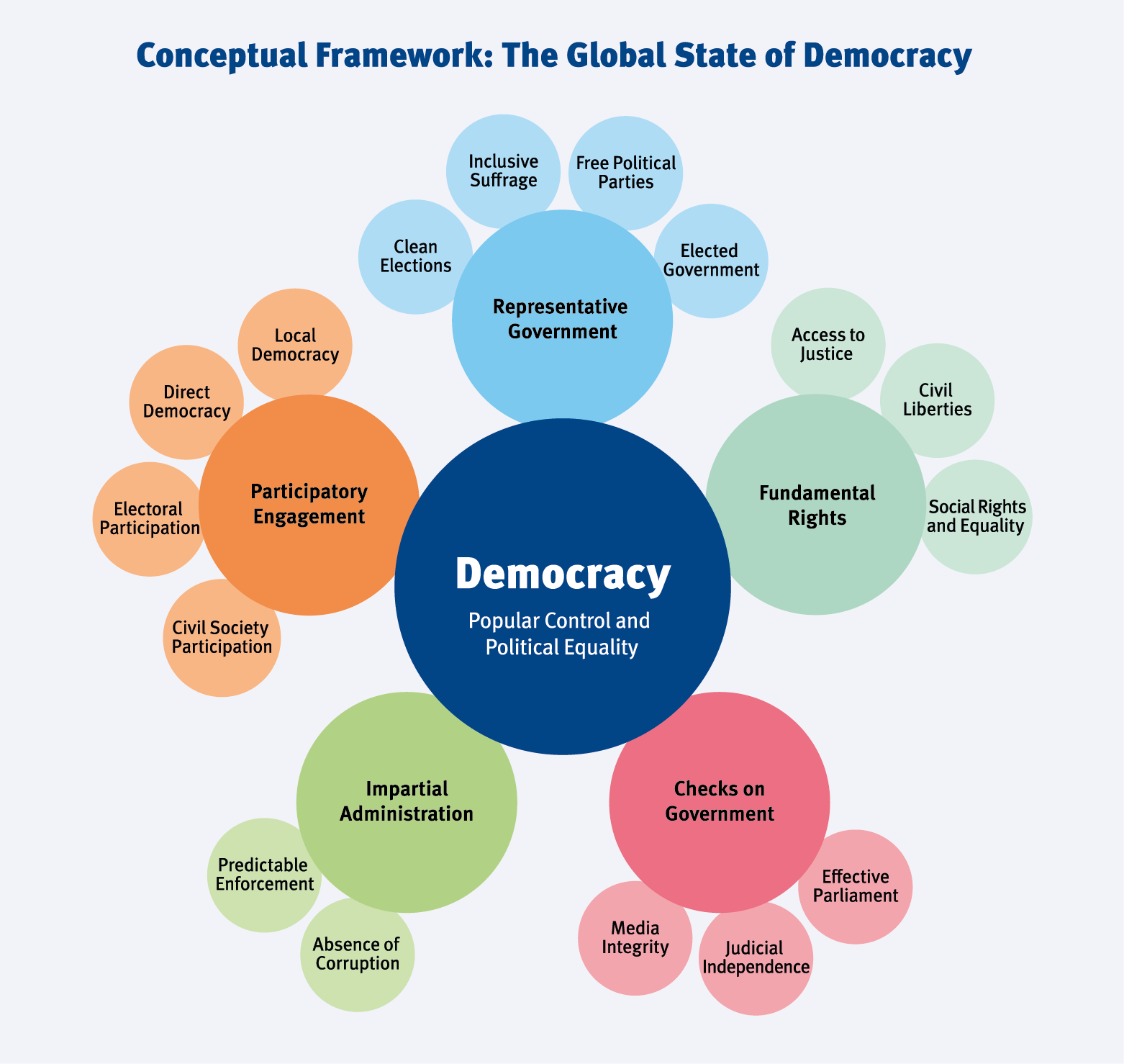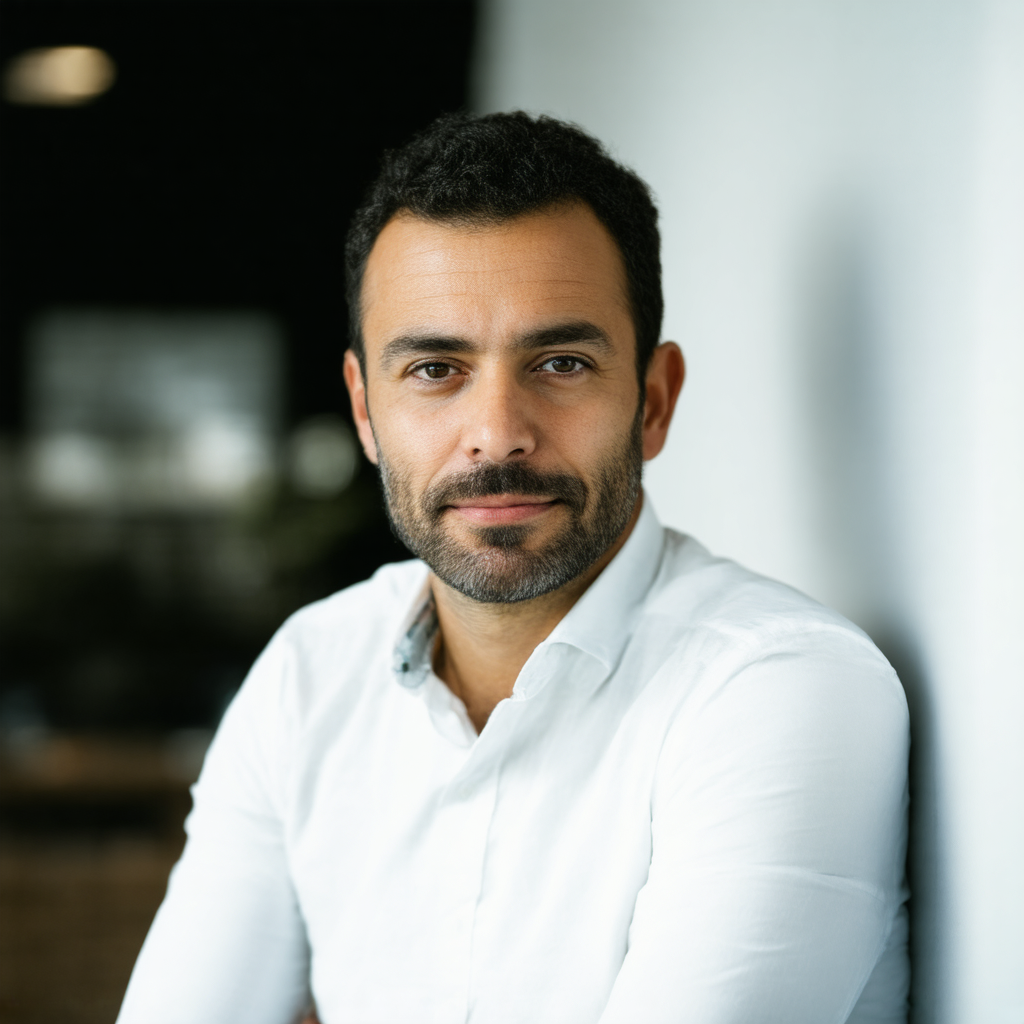
The world is at a crossroads, and nowhere is this more evident than in Africa’s vibrant streets, where democracy is being renegotiated—not through grandiose proclamations, but through the quiet persistence of ordinary people demanding their right to shape their future. Across the continent, young activists, artists, and everyday citizens are waging a battle against systems designed to silence them. This is not just a political struggle; it’s a cultural revolution, where art becomes a weapon, music a megaphone, and collective action a force stronger than any regime.
The People’s Toolbox: Art, Music, and Digital Activism
In Nairobi, Kenya, the rise of digital activism has redefined what it means to fight for democracy. Young activists like those behind the #Azungumzo movement have turned social media into a battleground, bypassing traditional channels of communication to organize, share stories, and hold power to account. These digital-native warriors are not just tech-savvy; they’re cultural architects, building new narratives that challenge the status quo.
In Kampala, Uganda, where political dissent is met with iron fists, musicians like those in the underground rap scene have become unlikely heroes. Their lyrics cut through the noise of state-controlled media, offering a raw and unfiltered perspective on life under dictatorship. These artists are not just entertainers; they’re cultural revolutionaries, using their craft to galvanize communities and keep the spirit of resistance alive.
The System’s Playbook: Divide and Conquer
But systems don’t give up without a fight. Across Africa, governments have perfected the art of repression, using a combination of overt violence and subtle manipulation to maintain control. In Kenya, for instance, the ruling elite has long relied on ethnic divisions to pit communities against each other, diverting attention from their own corruption and incompetence.
In Uganda, where political space is shrinking faster than Lake Victoria’s waters, the government has turned to outright intimidation. Scores of activists have been arrested, tortured, or forced into exile, while opposition leaders are either co-opted or silenced. The message is clear: if you dare to challenge the system, there will be consequences.
The Fight Continues: Grassroots Resilience
Yet, despite the odds, people are finding ways to resist. In Central Africa, where authoritarianism has deep roots, grassroots movements are beginning to emerge, drawing inspiration from the continent’s rich history of resistance. In Angola, for example, young activists have started to organize independently, using creative methods like flash mobs and street art to get their message across.
In the Democratic Republic of Congo (DRC), where elections are often little more than a sham, citizens are demanding accountability at every level. They’re not waiting for change to come from above; they’re building it from below, creating alternative spaces for dialogue, collaboration, and collective action.
The Power of Culture: A Force for Change
At the heart of this struggle is the recognition that democracy is not just about elections or constitutions—it’s about culture. It’s about how we define ourselves, how we relate to each other, and how we imagine a better future. African youth are proving that cultural expression is a powerful tool for change, whether it’s through art collectives that challenge state narratives, or music movements that inspire collective hope.
This is not just a battle of people vs. system; it’s a battle for the soul of Africa. The stakes couldn’t be higher. But as we’ve seen time and again, when people come together with courage, creativity, and determination, they can move mountains—even if those mountains are made of concrete and corruption.
The future is uncertain, but one thing is clear: the spirit of resistance that burns in the hearts of African youth will not be extinguished. It’s a flame that lights up the darkness, reminding us all that change is possible—no matter how daunting the challenge.
About the Author:
Moses Ndung’u is Senior Reporter at our publication. Journalist and cultural commentator with a focus on African arts and youth movements. Moses has worked across East Africa, documenting the rise of contemporary art scenes and their global impact.
 Journalist and photographer with a focus on Middle Eastern youth and their cultural contributions. Aisha’s work bridges traditional and modern storytelling in the region.
Journalist and photographer with a focus on Middle Eastern youth and their cultural contributions. Aisha’s work bridges traditional and modern storytelling in the region. Writer and researcher specializing in Asian arts and migration stories. Bella’s work explores how young Asians are shaping global culture through their experiences.
Writer and researcher specializing in Asian arts and migration stories. Bella’s work explores how young Asians are shaping global culture through their experiences. Reporter with a background in investigative journalism, focusing on human rights and social justice. Luis has worked across Latin America and Europe, uncovering stories that resonate globally.
Reporter with a background in investigative journalism, focusing on human rights and social justice. Luis has worked across Latin America and Europe, uncovering stories that resonate globally. Sarah is a seasoned journalist with over 15 years of experience in global news and media. She has led teams in some of the world’s most challenging reporting environments, bringing a vision for storytelling that connects cultures and empowers voices.
Sarah is a seasoned journalist with over 15 years of experience in global news and media. She has led teams in some of the world’s most challenging reporting environments, bringing a vision for storytelling that connects cultures and empowers voices.